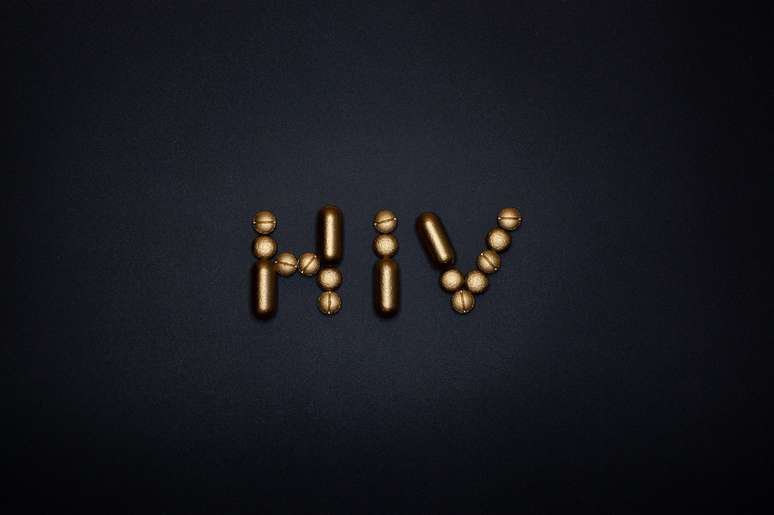Young people using dating apps may have unprotected sexual behaviors, multiple sexual partners, and a higher risk of HIV exposure
Young people who use dating apps may have more unprotected sexual behaviors, more sexual partners, and a greater risk of exposure to the HIV virus, which causes AIDS and other sexually transmitted infections (STIs). This is the result of recent research published in the scientific journal Frontiers in Reproductive Health.
The researchers interviewed college students aged between 19 and 35 in the state of Texas (USA), using an anonymous online questionnaire. The results show that the apps were used more by men, whites and heterosexuals than by women, blacks and bisexual or homosexual people.
There are many possible explanations for the association between the use of apps and risks in sex. The apps make it much easier to find casual partners, which can lead to more impulsive behavior, where risks are not taken into great consideration. Additionally, people who already use condoms inconsistently may turn more to apps to find partners with similar attitudes.
It is important to return to discussing the topic of screens and technologies and their impact on sexual life at the beginning of Red December, a month that marks a mobilization in Brazil in the fight against HIV and other sexually transmitted diseases. And next Sunday, December 1st, is World AIDS Day, a historic date in the fight against the pandemic that we have been living with for more than 40 years.
According to a new UNAIDS (Joint United Nations Program on HIV/AIDS) report, published this week, nearly 40 million people live with HIV worldwide and 23% of them cannot access adequate treatment. . Stigma, prejudice, violence and various human rights violations prevent the most socially excluded populations from accessing prevention products and using antivirals regularly and correctly.
In 2023, more than 1.3 million people tested positive for HIV and 630,000 AIDS-related deaths. In contrast to countries that managed to implement new technologies and stop the spread of the infection, 28 nations faced an increase in the number of new cases. Young people, especially girls, are most at risk in several regions of the planet.
A recent WHO (World Health Organization) report also warned of a significant increase in sexually transmitted diseases in several parts of the world, with over 1 million new cases every day, with particular focus on the United States. Chlamydia cases have doubled, gonorrhea cases have increased by 40%, and the number of syphilis diagnoses has increased by more than 400%. Brazil has also faced a significant increase in syphilis cases in recent years.
Of course, the use of dating apps is only part of the habits, behaviors and social and cultural transformations that help to understand this increase, but only in the USA, for example, more than half of young people, under 30, uses them as a resource to find potential partners.
One of the positive aspects of this fight against sexually transmitted diseases and HIV are the great technological advances achieved by science in recent years. In addition to the good old condom (which is not used regularly by the majority of the population), today we can count on a real arsenal of prevention strategies.
Vaccines (against HPV, hepatitis A and B), faster and more sensitive tests, PrEP (pre-exposure prophylaxis), PEP (post-exposure prophylaxis), highly effective HIV treatments that make people undetectable (no risk of transmission), use of long-acting injectable drugs, as well as antibiotics and antimicrobial agents that can reduce the risk of various infections.
The challenge is to break down the barriers of social inequalities and human rights violations to ensure that these resources can reach everyone, especially the most vulnerable and excluded populations.
It is also essential to work in the field of digital life education on the importance of safer sexual behaviors, allowing people to have access and choose prophylactic strategies that make sense at their moment of life. As fellow infectologists say, effective prevention is the one that the person can use.
Who knows, in the coming years we will have even more reasons to celebrate our success in the fight against HIV and other sexually transmitted diseases. Do we do it?
*Jairo Bouer is a psychiatrist and writes weekly for Terra Você.
Source: Terra
Ben Stock is a lifestyle journalist and author at Gossipify. He writes about topics such as health, wellness, travel, food and home decor. He provides practical advice and inspiration to improve well-being, keeps readers up to date with latest lifestyle news and trends, known for his engaging writing style, in-depth analysis and unique perspectives.








